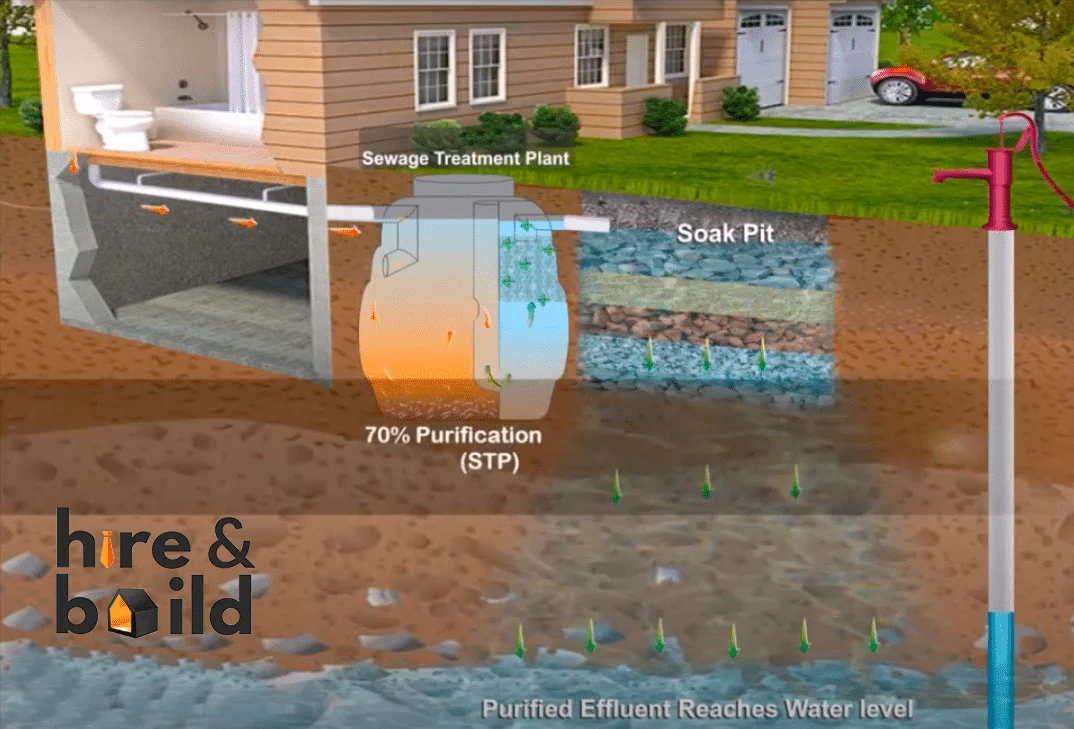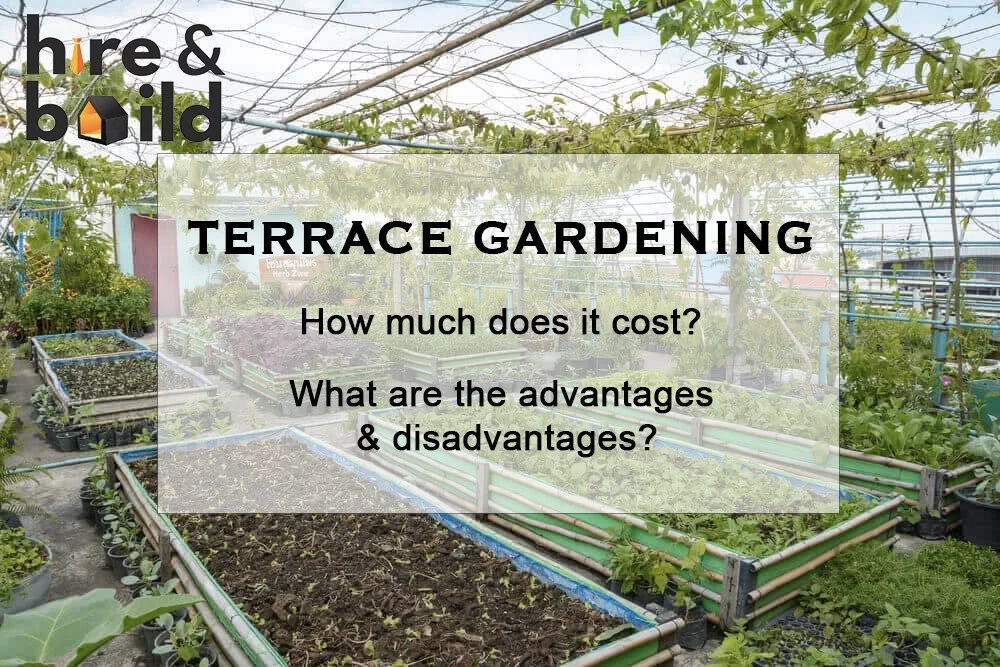Waste water recycling for your home-2020|Cost effective method
In this blog we are going to see in detail about the waste water recycling, its uses, advantages, disadvantages and the cost involved in it. TABLE OF CONTENTS 1.What is waste water recycling? 2.What are the types of waste water? 3.What are the current techniques we are using to handle the waste water? 4.What are…
Read article


